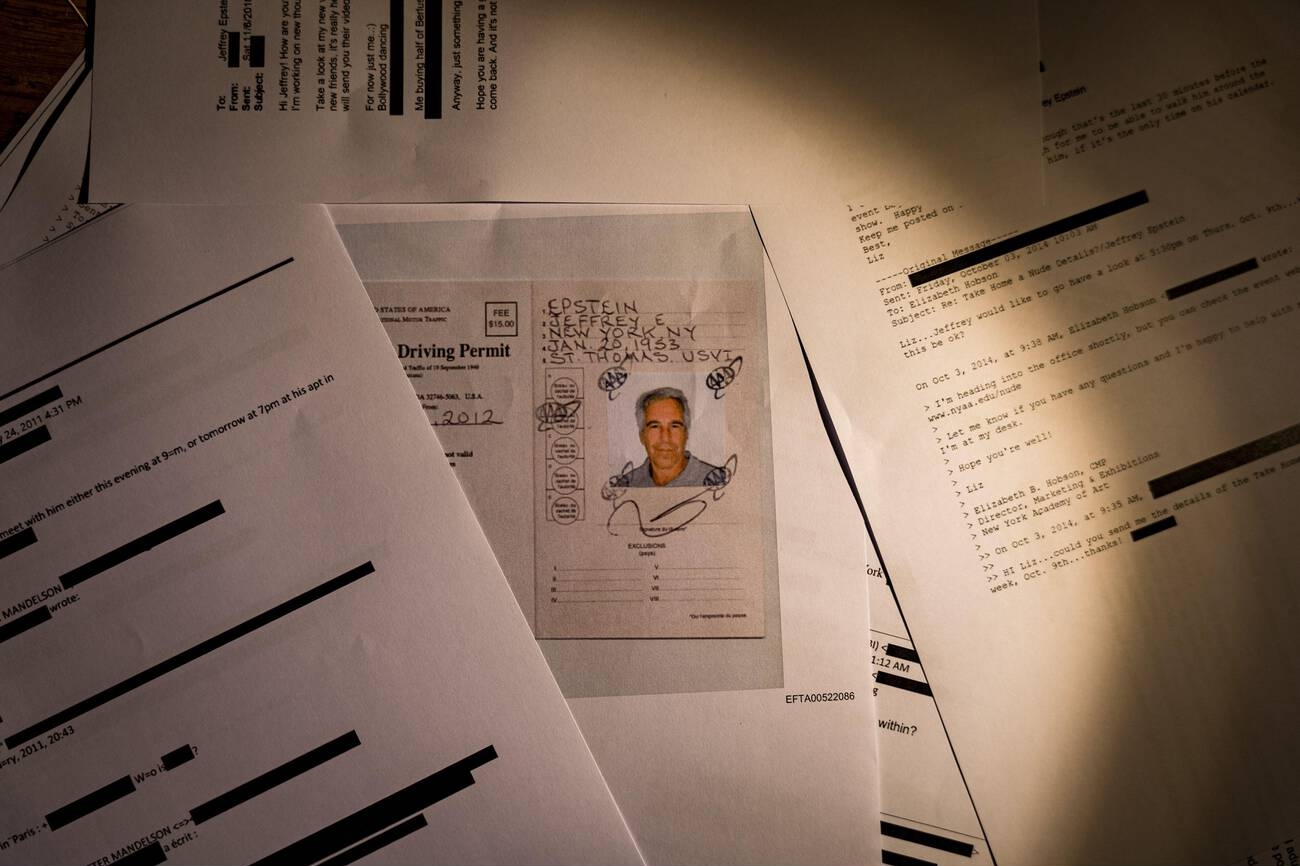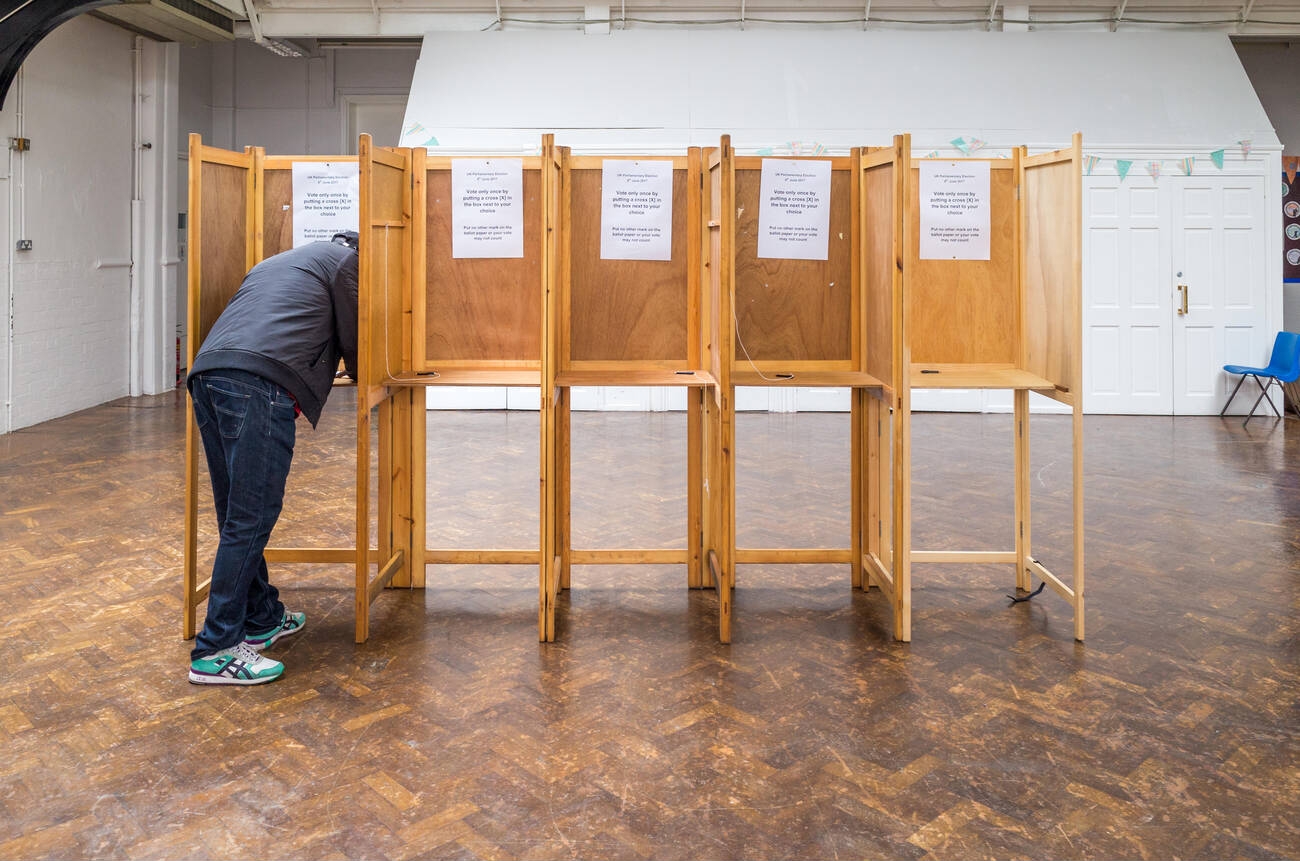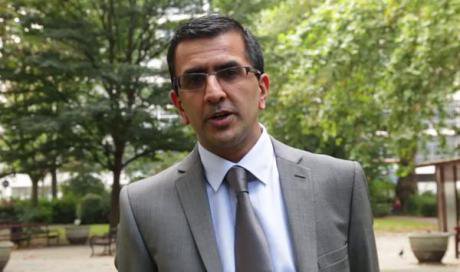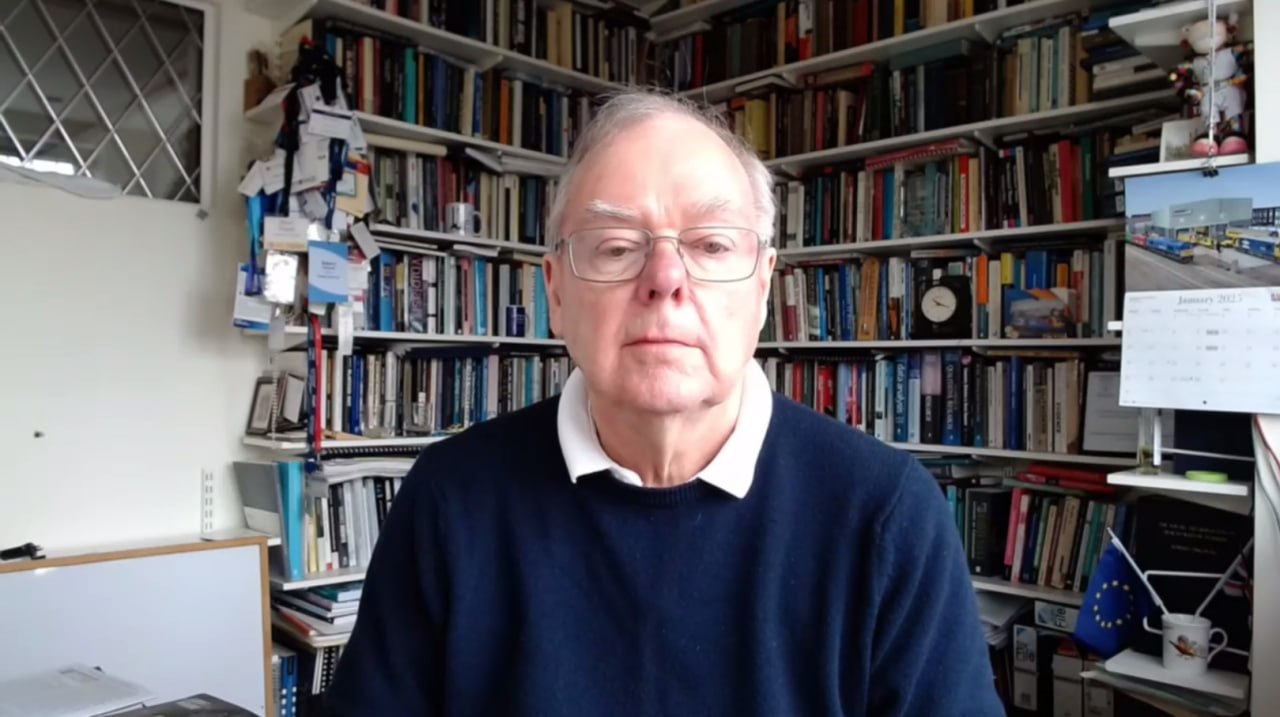Starmer’s Cost of Living Failure Hits Labour’s Poll Numbers
As Labour’s popularity declines amid mounting economic hardship, Clive Menzies—researcher and analyst of political economy—offers a searing critique that

As Labour’s popularity declines amid mounting economic hardship, Clive Menzies—researcher and analyst of political economy—offers a searing critique that cuts beyond party politics. He argues that Keir Starmer’s failure to address the cost of living crisis is not a political miscalculation but a reflection of a deeper, systemic failure. From the illusion of Brexit to the futility of traditional economic tools, Menzies contends that the crisis is embedded in the very structure of our political and monetary systems. With public trust eroding and economic instability deepening, he warns that real change won’t come from within Westminster—but from a complete transformation in how we understand power, value, and society itself.
- What are the key economic factors behind the Labour government’s failure to deliver immediate improvements in the cost of living crisis since their election?
The Labour government, like its predecessors, was never committed to solving the cost of living crisis. Instead, it has been complicit in a broader agenda prioritizing militarism, corporate profiteering, and social control over public well-being. Billions have been funneled into military and psychological operations, the Covid narrative, and Net Zero agendas, all of which serve elite interests. Money is being used to entrench inequality, not alleviate hardship—because the crisis itself is not accidental, but systemic.
- How significant has Brexit’s economic impact been on the UK’s current economic stagnation, and to what extent can the government realistically mitigate these effects?
Brexit has largely functioned as a symbolic illusion. In reality, the UK never left the EU in meaningful terms—militarily, economically, or legally. The bureaucracy of Brexit has disrupted small businesses and individual freedoms while leaving the power structures untouched. The economic stagnation attributed to Brexit is, in fact, a manifestation of deeper systemic decline. No government measure can effectively “mitigate” this because the core economic model remains unchanged.
- Given the declining production index and slow GDP growth, what fiscal or monetary policies could Labour realistically implement in the short term to stabilize the economy?
There are no credible fiscal or monetary levers left within the current system. The economic tools traditionally used to stabilize markets—interest rate adjustments, stimulus, or spending cuts—are ineffective in a system that has already exhausted its options. We are witnessing the slow collapse of a failed monetary order. Labour, like any party operating within this framework, cannot offer real solutions—only illusions of action.
- How credible is the Labour Party’s long-term economic reform plan in light of public frustration, and what risks does this pose to their political capital ahead of potential early elections?
Labour’s reform plan lacks credibility because it fails to challenge the power structures that caused the crisis. Public frustration is not just with Labour, but with the political system as a whole, which increasingly appears to people as a stage-managed performance. As faith in traditional politics erodes, the risk is not just electoral backlash, but the wider abandonment of the system itself. Parties like Reform UK may gain support, but all institutional opposition is ultimately controlled and co-opted.
- To what extent has the Labour Party’s failure to restore relations with the EU contributed to their economic challenges and declining public support?
Labour’s stance on the EU is largely irrelevant within the broader collapse of centralized authority and public trust. The UK’s nominal separation from the EU has had little real impact on the deeper economic dysfunction, and attempts to “restore relations” are distractions from the core issue: a broken monetary and political system. The public’s disillusionment stems not from specific foreign policies, but from a growing awareness that no party within the current system serves their interests.









